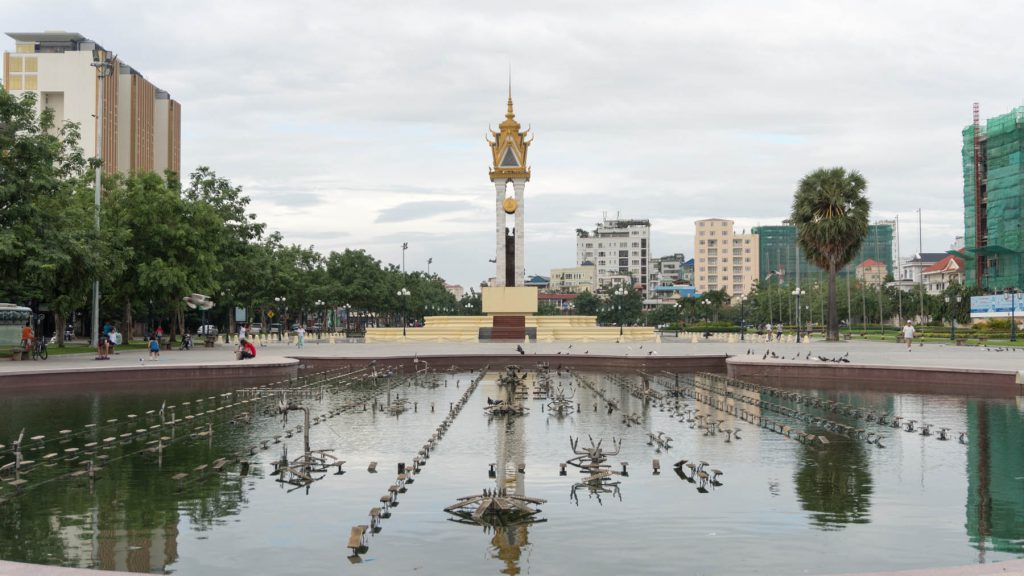Also known as Cambodian Victory Day, Victory Over Genocide Day falls on January 7 and marks the ousting of the Pol Pot-led Khmer Rouge regime in 1979. Celebrations are sober and the day is marked with a remembrance service to commemorate those who lost their lives. It is a public holiday.
History of Khmer Rouge
During the Khmer Rouge reign, which ruled Cambodia from 1975 to 1979, it is estimated about two million Cambodians perished. As part of the regime’s vision to create an agrarian utopia, its ultra-communist policies saw cities and urban hubs emptied as residents were sent to the countryside to work in forced labour camps. Families were separated and the rich, famous and educated killed under the brutal regime. During the four-year rule, many Cambodians were brutally murdered or died from starvation, sickness and being over-worked.
Khmer Rouge Tourism
To discover more about the history of the Khmer Rouge in the country, you might wish to visit either the Killing Fields (Cheoung Ek) and Tuol Sleng Genocide Museum or S21. The former is just outside of the capital Phnom Penh, while the latter is in the heart of the city. However, we do warn you that both sites are chilling, and reveal one of the darkest periods of humanity. These are definitely not places that you want to take the kids.
Victory Over Genocide Day
On January 7, 1979, Vietnamese troops took hold of the capital and ousted the Khmer Rouge. While factions fled to remote corners of the country, where they continued to operate until the late-1990s, this marked the end of the genocide and Pol Pot’s reign of terror.
Other Similar Holidays
The Paris Peace Agreements Day marks the date when the UN took temporary control of Cambodia, marking the end of a period of war and civil unrest that had dogged the country since 1970. There is also Independence Day of Cambodia, which celebrates the end of French rule of the country.
